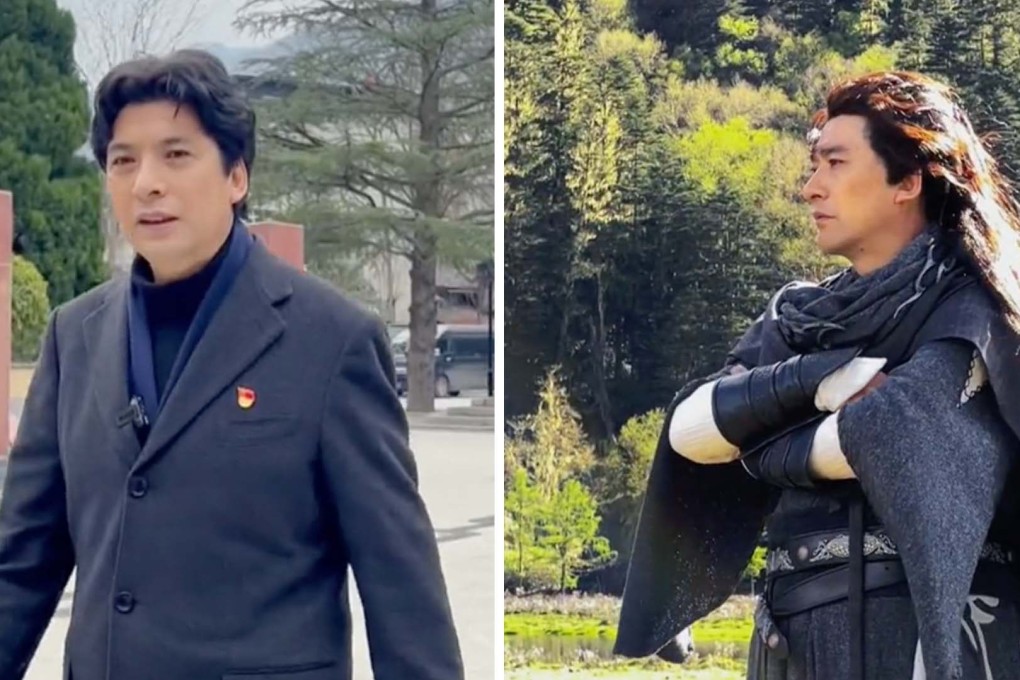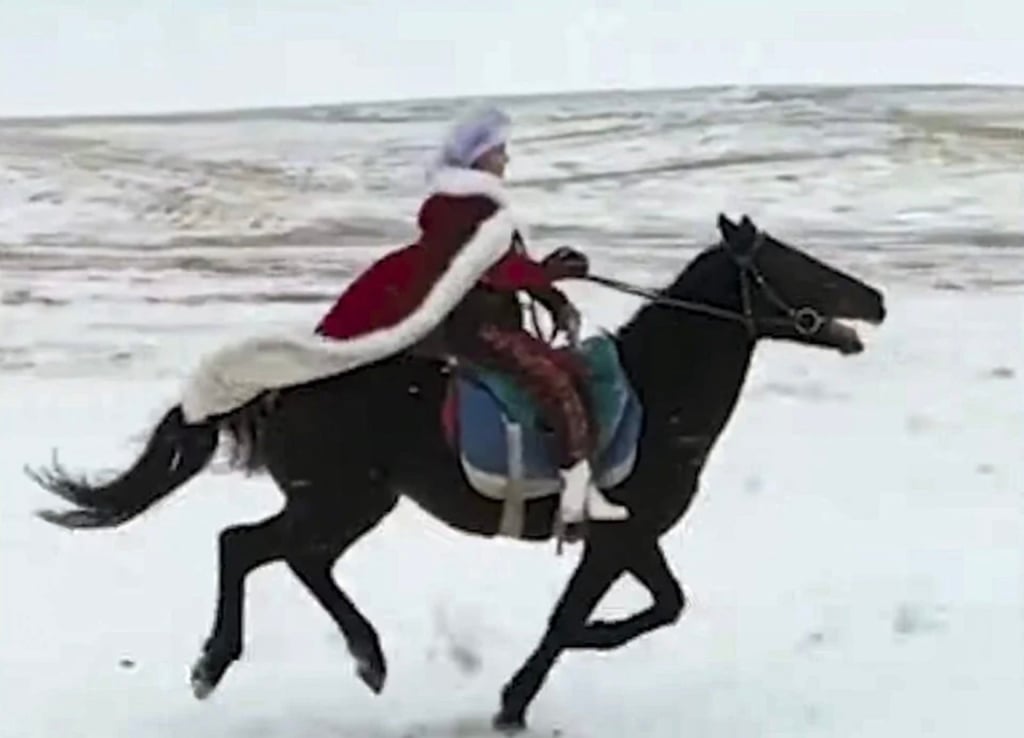Handsome returns: China tourism official with ‘movie-star good looks’ becomes internet sensation after donning ancient costumes to promote home city
- Recent videos uploaded by the 50-year-old have earned almost 14 million likes.
- Liu Hong is the latest in a string of Chinese officials to leverage the internet to boost tourism

Liu Hong, director of the Culture and Tourism Department of Garze Tibetan Autonomous Prefecture (known as Ganzi in Chinese), has become an internet sensation due to his dedication to tourism promotion on social media.
Since April last year - via the short video app Douyin, China’s version of TikTok, the 50-year-old has uploaded 131 videos about the natural beauty and culture of the region, earning almost 14 million likes.

Several of his recent videos - in which Liu wears ancient costumes and role-plays as an ancient swordsman - in picturesque tour zones in Ganzi, have garnered a total of 30 million views as of this week.
Looks wise, many people liken Liu to Hong Kong actor Chow Yun-fat, Taiwanese-American singer Kris Phillips (known as Fei Xiang in China) and mainland actor Jin Dong.
“I want to do something for my hometown. This is from the bottom of my heart. If it can help boost the tourism of Ganzi, I am willing to be an online celebrity,” Liu told the state broadcaster CCTV.
Ganzi is in the western part of Sichuan, bordering Tibet. Its tourism highlights include snowy-mountains, marshy grasslands, forests and lakes.